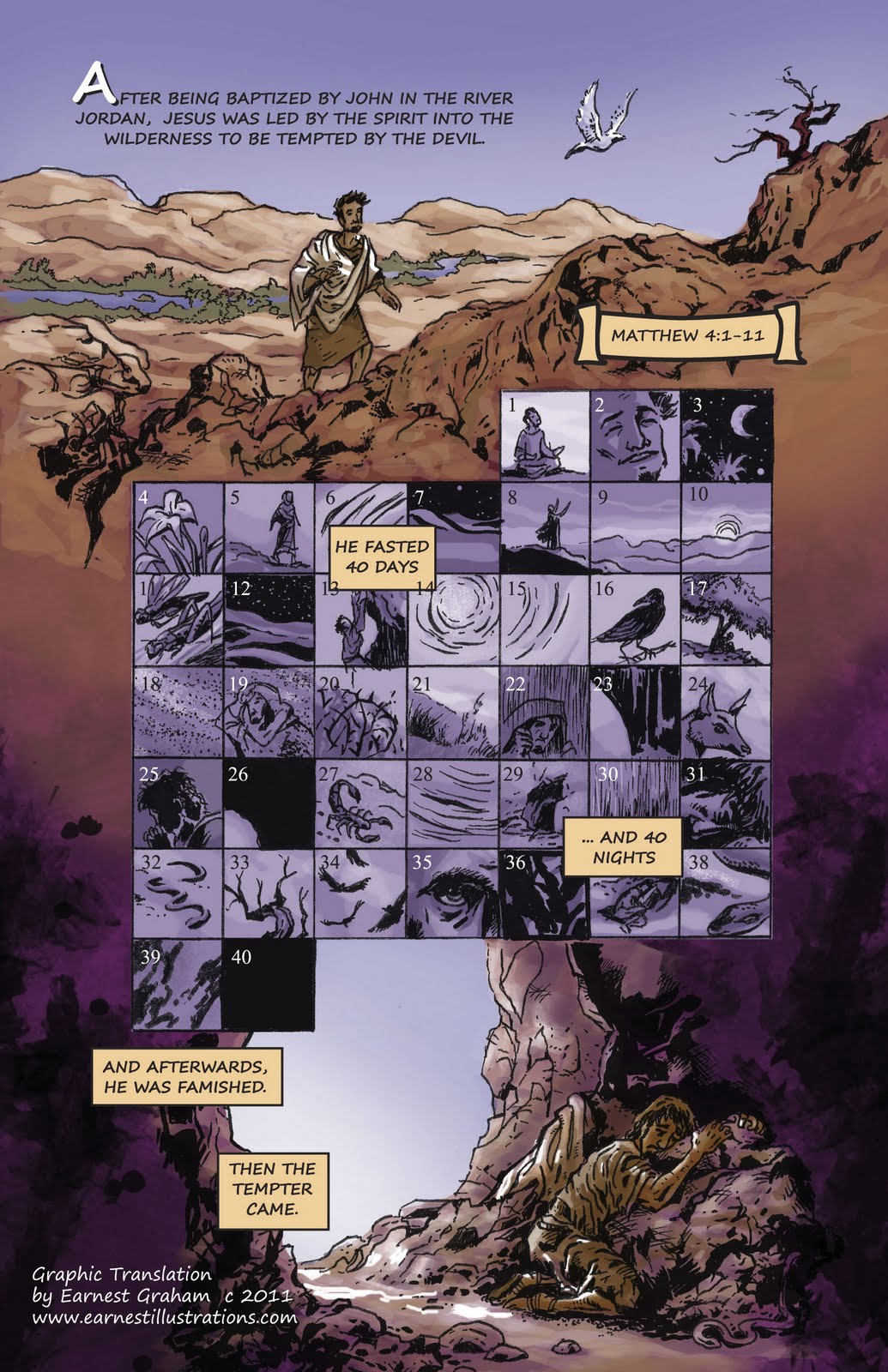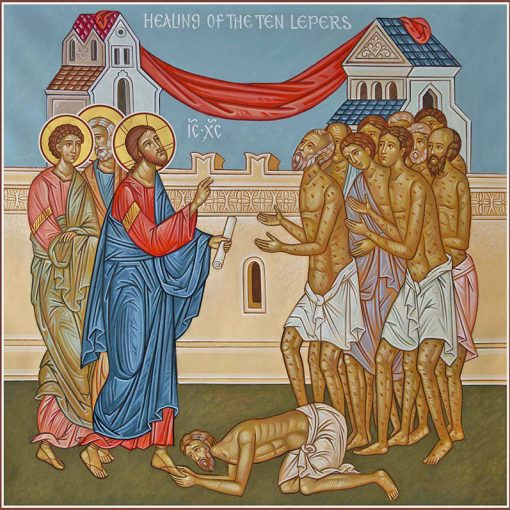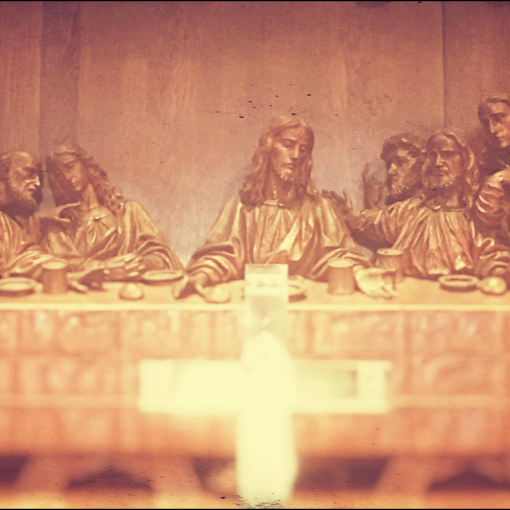This is an essay I needed to write and I wanted to write. In fact, it took me several efforts to get to this version and I will be sharing more thoughts on the subject in other posts. But this particular essay is also part of the outreach program of The Episcopal Church of the Good Shepherd in Lexington to continue to minister to our community in this time of uncertainty and “social distancing” that requires not meeting in person. For essays by my friends and colleagues go to “Calming the Storm.”
Our country is in a state of turmoil and anguish. In the last few months, I have been writing about our response to the COVID crisis and the need to grieve, lament, and hope. But a few days ago, a friend on Facebook asked, “White Evangelical friends, have you ever heard a sermon preached about racism and if you are a pastor, however you ever preached against racism?” I posted, “Yes and yes.” But then another, mutual friend wrote, “I am black, but I have attended predominantly white, Evangelical churches for most of life and I have never heard a sermon on racism. There is a nod to love and then straight on to exposition.”
I must begin by acknowledging that I am a white man of privilege. That means that I have the benefit of my gender and race, two things I did nothing to earn, in a society that values such things and in a system that is designed to benefit people like myself. I cannot change those things about myself any more than a black woman can change her gender or ethnicity. But I can acknowledge and confess that these things are true and that I am often, whether I intend to or not, reinforcing this system that has benefited white males to the detriment of literally everyone else for the entire existence of our country’s history. As Ron Sider wrote this week, “racism is America’s original sin,” a sin which white American Christians must confess.
If I am to take seriously my commitment as a Christian, then I must confess my sins and the sins of my community. It was the first thing that I memorized when I started attending Anglican services and with good reason. All of us always need to be coming to God in confession of our sins.
Most merciful God, we confess that we have sinned against you in thought, word, and deed, by what we have done, and by what we have left undone. We have not loved you with our whole heart; we have not loved our neighbors as ourselves. We are truly sorry and we humbly repent. For the sake of your Son Jesus Christ, have mercy on us and forgive us; that we may delight in your will, and walk in your ways, to the glory of your Name. Amen.
In confessing, I acknowledge my guilt, “what I have done and left undone,” my need of God’s forgiveness, and I commit to following the will of God.
Now, in order to understand and therefore follow the will of God we must read, study, and interpret Scripture. While all Christians are to engage in this study, it has also been my calling as a scholar and teacher. This is not an easy task, interpreting and understanding the Bible, since it is a diverse set of texts and traditions, but they are holy and sacred. It cannot be denied that over the millennia people have found justification within Scripture for all sorts of behaviors and practices, including slavery and racism. And that is why we must confess our sins. All of our sins.
It also cannot be denied that from the Law through the Prophets to Jesus, the Bible has clearly taught us that we are to love our neighbors as ourselves and care for those who are the most vulnerable. Do I need to cite passages? There would be too many. I will simply say again, read the Law, the Prophets, and hear Jesus’ words.
“This is my commandment, that you love one another as I have loved you. No one has greater love than this, to lay down one’s life for one’s friends. You are my friends if you do what I command you. I am giving you these commands so that you may love one another.”
(John 15:12-14, 17)
There is no room for racism here. There is no room for us to treat one person one way and someone else differently. That is true regardless of race, ethnicity, gender, political affiliation, nationality, because in Christ there is no distinction. We are all to love and be loved.
When God sent his Holy Spirit upon the Church, they spoke in all the languages of those present. In that crowd there were “Parthians, Medes, Elamites, and residents of Mesopotamia, Judea and Cappadocia, Pontus and Asia, Phrygia and Pamphylia, Egypt and the parts of Libya belonging to Cyrene, and visitors from Rome, both Jews and proselytes, Cretans and Arabs.” These were people of all nationalities, ethnicities, and affiliations. The Word of God came to them all, without preference or prejudice. The Gospel is the declaration of God’s love for all the world, a love that is so great that he laid down his life for all of us.
This love of Christ that we are to emulate is not sappy or sentimental. It is love that requires being willing to give up myself, my privilege, my position, so that my neighbors, no matter where they are or what they look like, may live abundantly. As Presiding Bishop Curry says, “the opposite of love is not hate, it is selfishness.” We must give up the self. I cannot just say, “love.” I must live the self-sacrificing love of Christ.
The will of God for his people is exemplified in the message of the prophet Amos. The kingdoms of Israel and Judah were living in a time of prosperity and piety. While those with position and privilege trampled on the poor and burdened them with taxes, all while building up their own homes and fortunes (Amos 5). Externally, they looked for all the world like they were being faithful to God, offering sacrifices and saying all the right words. Yet God saw their hypocrisy, the façade of faith and the actions of greed and oppression and said, “I hate, I despise your festivals, and I take no delight in your solemn assemblies.”
Our beautiful music, gorgeous services, and lovely vestments mean nothing. Our saying that we love one another is simply vacuous sound. Until and unless we live it out by giving up ourselves, our privilege, and our power so that others may live.






One thought on “Racism”
Thanks for a clear, pure, and simple presentation of the problem, and the Solution.